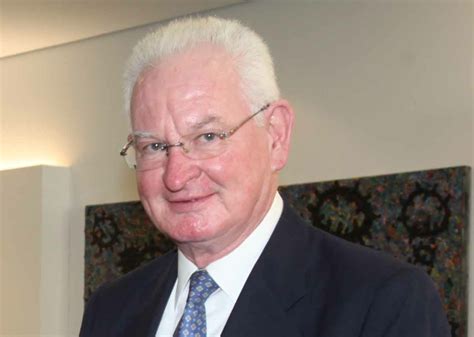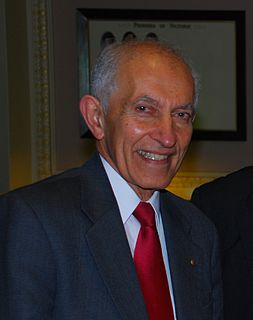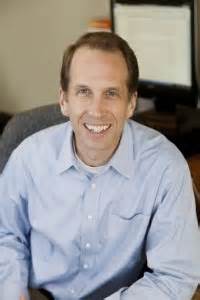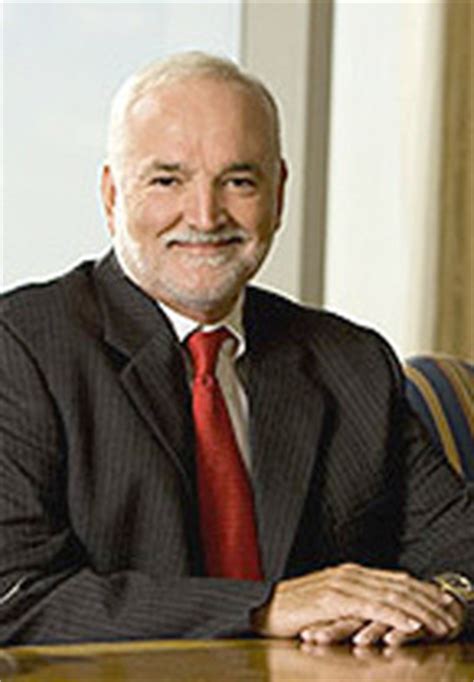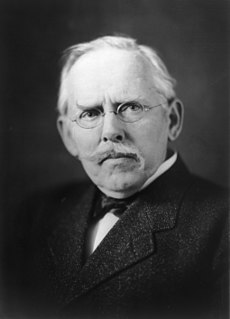A Quote by Stuart L. Hart
Indeed, as we begin the twenty-first century, the money and traditional economies are slowly destroying their own support system. Increasing demands of the two economies are surpassing the sustainable yields of the ecosystems that underpin them. For example, one-third of the world's cropland is losing topsoil at a rate that is undermining its long-term productivity, fully half of the world's rangeland is overgrazed and deteriorating into desert, and the world's forests have shrunk by about half since the dawn of agriculture and are continuing to shrink.
Quote Topics
About
Agriculture
Begin
Century
Continuing
Dawn
Demands
Desert
Destroying
Deteriorating
Economies
Ecosystems
Example
First
For Example
Forests
Fully
Half
Increasing
Indeed
Long
Long-Term
Losing
Money
One-Third
Own
Productivity
Rate
Shrink
Since
Slowly
Support
Surpassing
Sustainable
System
Term
Them
Third
Topsoil
Traditional
Twenty
Two
Undermining
World
Yields
Related Quotes
In the model that we grew up with, governments rule physical territory in which national economies function, and strong economies support hegemonic military power. In the new model, already emerging under our noses, economic decisions don't pay much attention to national sovereignty in a world where more than half of the one hundred or two hundred largest economic entities are not countries but companies.
Dispossessed peasants slash-and-burn their way into the rain forests of Latin America, hungry nomads turn their herds out into fragile African rangeland, reducing it to desert, and small farmers in India and the Philippines cultivate steep slopes, exposing them to the erosive powers of rain. Perhaps half the world's billion-plus absolute poor are caught in a downward spiral of ecological and economic impoverishment. In desperation, they knowingly abuse the land, salvaging the present by savaging the future.
The de industrialization of the US. economy based on the migration of corporations into third world areas where labor is very cheap and thus more profitable for these companies creates on the one hand conditions in those countries that encourage people to emigrate to the US. in search of a better life. On the other hand, it creates conditions here that send more black people into the alternative economies, the drug economies, women into economies in sexual services, and sends them into the prison industrial complex.
Community after community is rising up, ranchers, developers, environmentalists, and local commissioners, all saying this is not the best use of our public lands. It is a story that is largely unknown in the rest of the country. It is a disturbing and community-destroying example of domestic imperialism being waged against people in places deeply connected to the public lands that are our public commons. The Bush energy policy is a short-term strategy based on corporate greed instead of a sustainable vision of what best supports local economies and healthy ecosystems.
The stock market in Japan was half the world market and where has the Japan economy gone since the 1990s? Nowhere. They've been struggling for two decades in the aftermath of a massive bubble that's collapsed. They've tried to work their way out of it by printing even more money and it hasn't worked. Now, I'm saying this is what all the central banks are doing. There is no honest interest rate in the world today.
As we pursue our strategies world-wide, we accept a social and environmental responsibility as well. These responsibilities include the promotion of a sustainable economy and recognition of the accountability we have to the economies, environments, and communities where we do business around the world.
Long ago it was said that 'one half of the world does not know how the other half lives.' That was true then. It did not know because it did not care. The half that was on top cared little for the struggles, and less for the fate, of those who were underneath, so long as it was able to hold them there and keep its own seat.
I like the fact that they still run substantive pieces. I'm not sure I like the pieces, but it's nice that they do that. Anyway, it was always sort of ridiculous, me having anything to do with the youth culture, but now that I'm in my 50s, it's extra-double-ridiculous. They were losing interest in me, and I was losing interest in them. When I went to renegotiate my contract at Rolling Stone, I kind of halfheartedly asked if I could do half the work for half the money, and they asked if I could do two-thirds of the work for half the money. I ran that by my agent, since he can do math.


